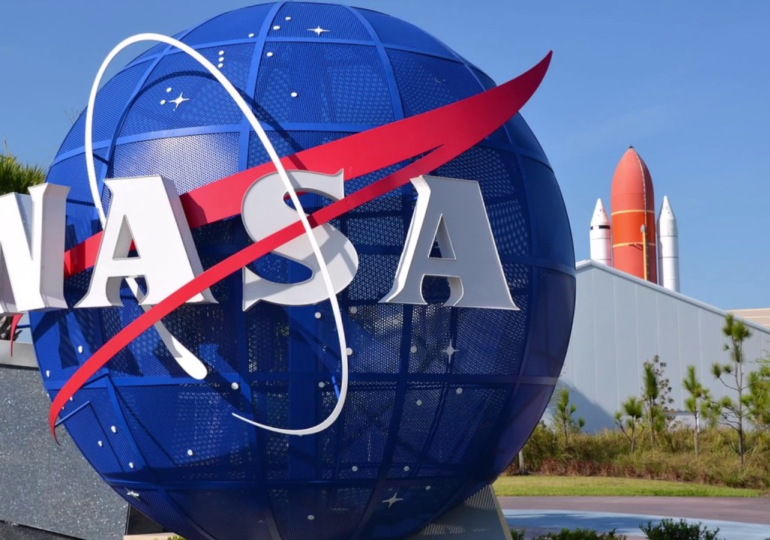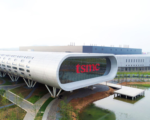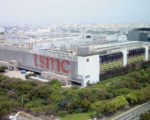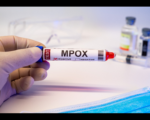US Finalizes $6.6 Billion Chips Subsidy for TSMC Ahead of Trump’s Presidency
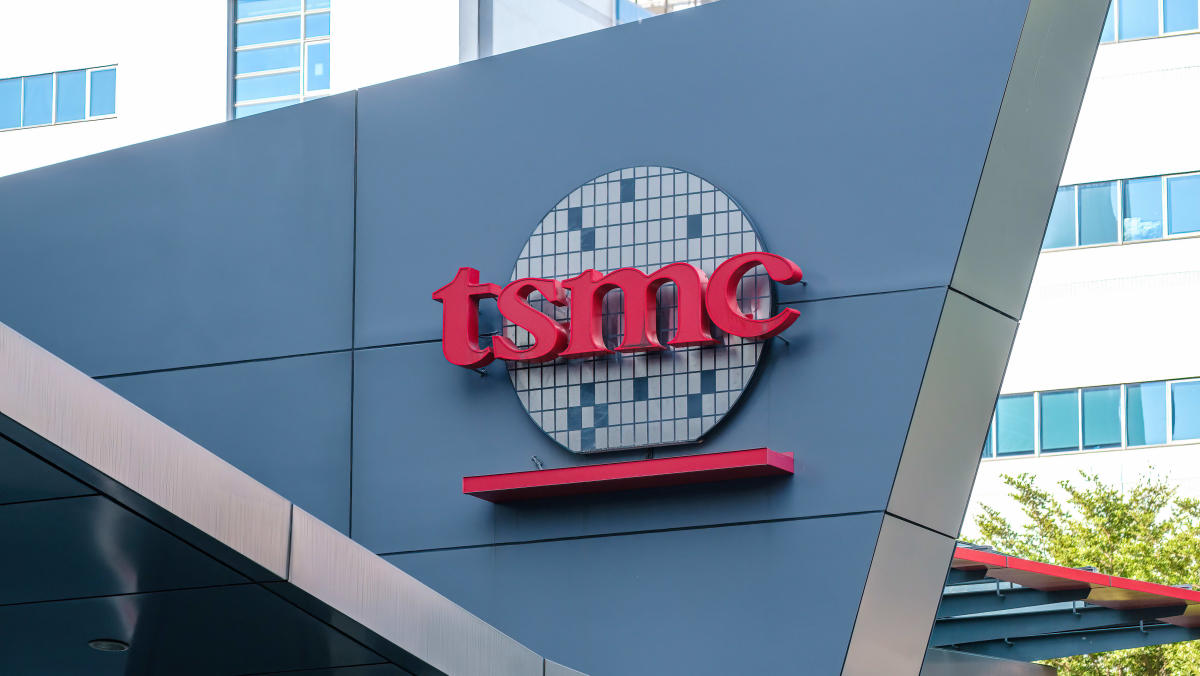
The U.S. Commerce Department announced on Friday the completion of a $6.6 billion subsidy deal with Taiwan Semiconductor Manufacturing Co. (TSMC) to support semiconductor production in Phoenix, Arizona. The agreement, part of the $52.7 billion Chips and Science Act, marks the program’s first major award since its inception in 2022.
Deal Highlights
- Expanded Investment: TSMC agreed to increase its total Arizona investment from $40 billion to $65 billion, adding a third fab in Arizona by 2030.
- Advanced Manufacturing: TSMC will produce 2-nanometer technology chips at its second Arizona fab, set to begin production in 2028. It will also deploy its A16 chip manufacturing technology, one of the world’s most advanced.
- Financial Structure: In addition to the $6.6 billion subsidy, the agreement includes up to $5 billion in low-cost government loans. Payments will be tied to project milestones, with at least $1 billion expected to be released by year-end 2024.
Commerce Secretary Gina Raimondo highlighted the strategic importance of the deal, emphasizing its role in ensuring the U.S. produces cutting-edge chips domestically. “We had to convince TSMC that they would want to expand,” she said, stressing the economic and national security implications of the agreement.
National Security and Policy Concerns
The announcement comes amid heightened scrutiny of semiconductor technology exports to China. On Saturday, reports emerged that the Commerce Department had instructed TSMC to halt shipments of advanced chips to Chinese customers. Raimondo did not confirm the directive but stated, “Investing in TSMC to expand here is offense—defense is ensuring our most sophisticated technology does not reach adversaries like China.”
The subsidy agreement also requires TSMC to forgo stock buybacks for five years and share excess profits with the U.S. government under an “upside sharing agreement.”
Context and Challenges
The Chips and Science Act was designed to bolster domestic semiconductor production, a critical industry where the U.S. lags behind global leaders. Currently, no leading-edge chips are produced domestically. TSMC CEO C.C. Wei called the deal a key accelerator for advancing U.S. chip manufacturing capabilities.
However, President-elect Donald Trump has criticized the Chips Act, raising questions about the program’s future under his administration. Meanwhile, Commerce has allocated additional funds for other semiconductor projects, including $6.4 billion for Samsung in Texas, $8.5 billion for Intel, and $6.1 billion for Micron Technology. Raimondo aims to finalize these agreements before President Joe Biden leaves office in January.
Geopolitical Implications
The U.S. push for semiconductor independence underscores broader strategic concerns about global supply chains and national security. Raimondo reiterated the importance of balancing offensive and defensive strategies, ensuring subsidies support U.S. technological leadership while preventing advanced technologies from reaching competitors like China.
Outlook
With TSMC’s increased commitment and advanced chip production capabilities, the U.S. aims to regain its footing in the global semiconductor market. However, challenges remain, including Trump’s potential policy changes and the delicate geopolitical balance with China.


